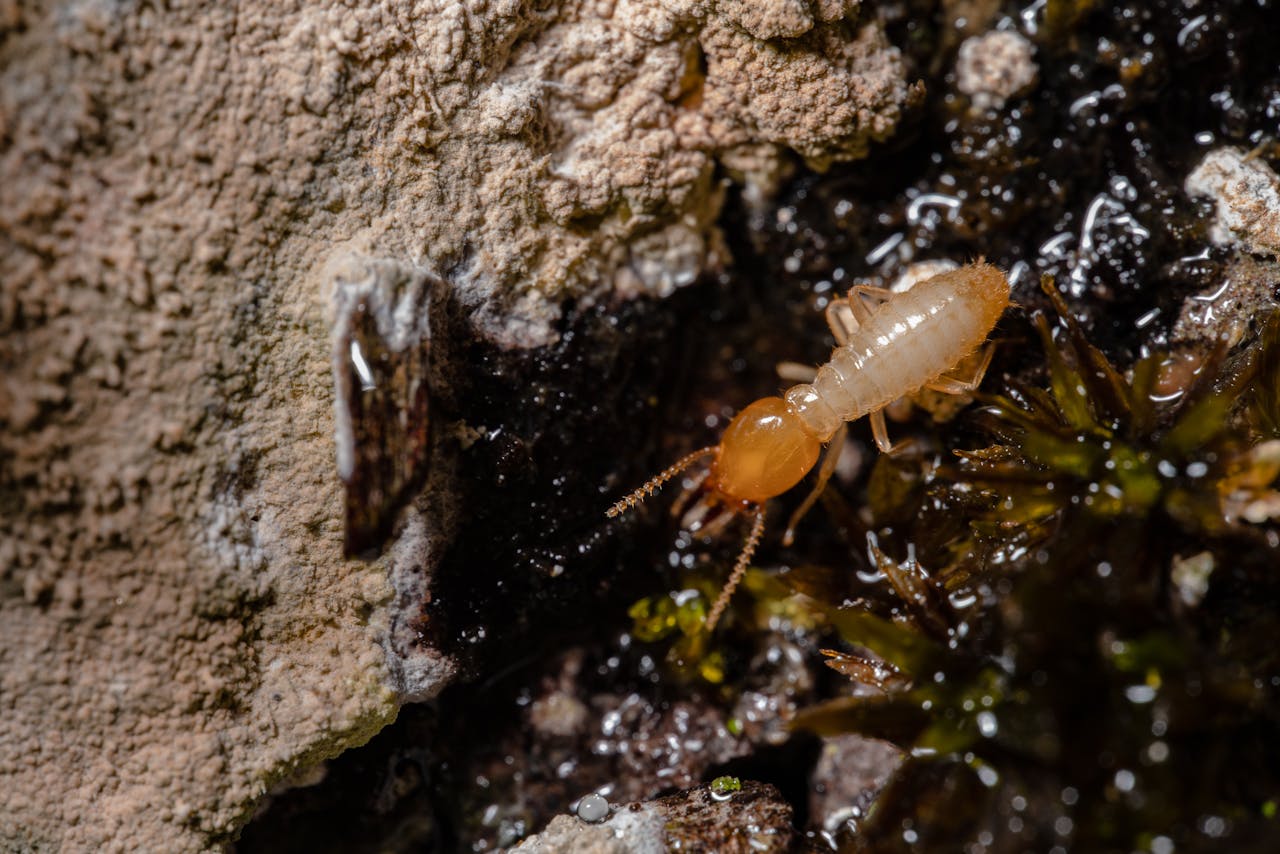Just as their name suggests, subterranean termites dwell below the ground where worker termites tunnel through soil in search of cellulose-rich plant matter and wood scraps. While entomologists traditionally assumed that subterranean termites are tolerant of a variety of soil conditions, recent research conducted on native termites in southern California has revealed that the destructive pests are surprisingly picky when it comes to soil temperature. Subterranean termites will not forage in areas where the uppermost layers of soil are too hot or too cold. Several studies conducted during the past decade have shown that subterranean termites in southern California are most active when temperatures are between 75 and 95 degrees, which makes the relatively mild summer climate in Ventura County ideal for the wood-eating pests. If temperatures drop below 25 degrees or rise above 100 degrees, subterranean termites perish rapidly.
While summer temperatures in Ventura County are not nearly as high as temperatures in more southern desert regions of California, it is not uncommon for the county to see particularly hot days where the temperature exceeds 100 degrees. According to several studies conducted during the past decade, when the weather becomes too hot for western subterranean termites, they travel toward shaded regions to cool off, but it is not yet known how this species is able to detect shadows located above the ground soil. One theory suggests that western subterranean termites can sense subtle variations in soil temperature, allowing them to detect “thermal shadows” cast by vegetation and structures above ground. Since western subterranean termites feed on dead plant matter and structural wood, their shadow-detecting abilities lead them directly toward areas where their food sources are most likely to be found.
Researchers also found that western subterranean termites dwell further below the ground than most other termite species, as doing so allows them to maintain conditions where humidity levels are at 100 percent. Traveling upward toward the ground surface where conditions are much dryer will cause western subterranean termites to dessicate and die. However, these termites can survive just below the ground surface in irrigated residential yards, as the water provides the termites with the high humidity levels that they require. This may explain why western subterranean termite infestations are particularly common in homes located on irrigated properties.
Do you irrigate your property? If you do, are you now concerned about termite pest issues?


